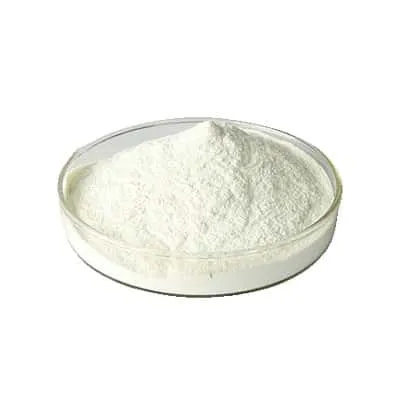11th May is China Obesity Awareness Day. With the public's emphasis on weight management in recent years, low-sugar and sugar-free foods and beverages have risen in popularity, but there is constant controversy on the internet surrounding topics such as whether sweeteners (sugar substitutes) are safe and whether they can help with weight loss. According to research data from the Food and Health Information Exchange Centre, there are still misconceptions about sweeteners among consumers in China.
Some consumers are not confident about the safety of sweeteners
The survey shows that although most consumers are more at ease with sweeteners, 38.5% of consumers still have doubts about their safety. Chen Junshi, an academician of the Chinese Academy of Engineering, pointed out that sweeteners are the most intensively researched food additives in the world, and their application safety has been fully tested in practice.
According to the ‘Scientific Consensus on Food Sweeteners (2022)’, China, like other countries and regions, including sweeteners, food additives, including the implementation of a strict pre-market approval system, food manufacturers in accordance with the provisions of the scientific and rational use of sweeteners is safe. Recently, Shanghai pilot implementation of the beverage ‘grading’ provisions, the use of non-sugar sweeteners can not be rated as A-level products, which is not a security consideration, but to encourage and guide consumers to choose the original flavour of the tea, coffee and so on.
Consumers prefer natural sweeteners
The survey shows that there are differences in consumer acceptance of different sweetening substances, with xylitol's acceptance even exceeding that of sucrose, which may be related to the long-term and continuous consumer education by the relevant industries. Overall, consumer acceptance of synthetic sweeteners is significantly lower, for example, saccharin, which has been used for more than a century, has a consumer acceptance rate of only 7.04%.
In fact, regulatory authorities and authorities in all countries agree that the compliant use of sweeteners, both natural and synthetic, is safe. Zhong Kai, director of the Food and Health Information Exchange Centre, believes that consumers have deep-rooted misconceptions about synthetic sweeteners, so in the future, the industry needs to develop more sweet alternatives that are better accepted by the public, such as monk fruit and stevia, in order to satisfy the public's need to control energy intake while enjoying a sweet flavour.
Consumers' choice of sugar-free has a “follow-the-wind” component
Although sugar-free products are recognised by young people, data shows that many people do not understand the health effects of ‘sugar-free’. For example, only 32.2% of consumers know that ‘sweeteners basically do not provide energy’, only 34.6% of consumers know that ‘sweeteners do not raise blood sugar’, and 22.9% of consumers believe that ‘sweeteners Sweeteners increase appetite and contribute to obesity’.
In fact, sweeteners provide little or no energy, which is positive for consumers to actively control their energy intake. Sweeteners also have little or no effect on blood glucose and have therefore been used in dietary interventions for diabetics. In recent years, individual studies have found associations between sweeteners and obesity and cardiovascular disease, which have attracted public attention. However, the interfering factors of dietary health are complex and the results of studies are often inconsistent.
Academician Chen Junshi emphasised that food variety and eating a balanced diet is the core of dietary health, and controlling energy intake is an important way to prevent and treat overweight, obesity and related chronic diseases.
Diabetic people and long-term high blood sugar people, overweight or obese people and other people who have the need to control sugar and like sweetness, can be in the premise of a reasonable diet, a reasonable choice to sweeteners instead of sugar-related products. Normally, you can also use fruits and vegetables, milk, original nuts, drinking water and tea, black coffee and other healthier snacks and drinks.
